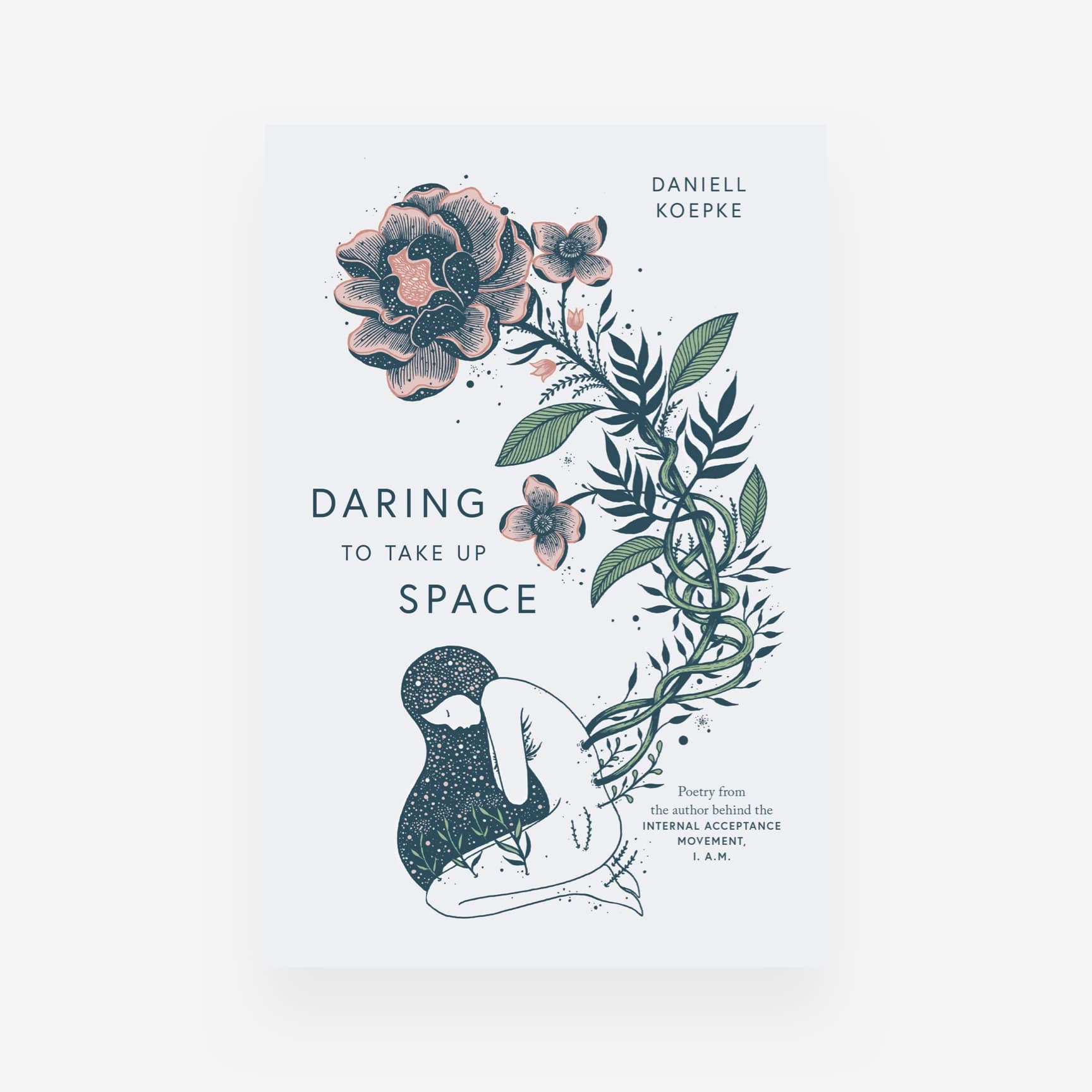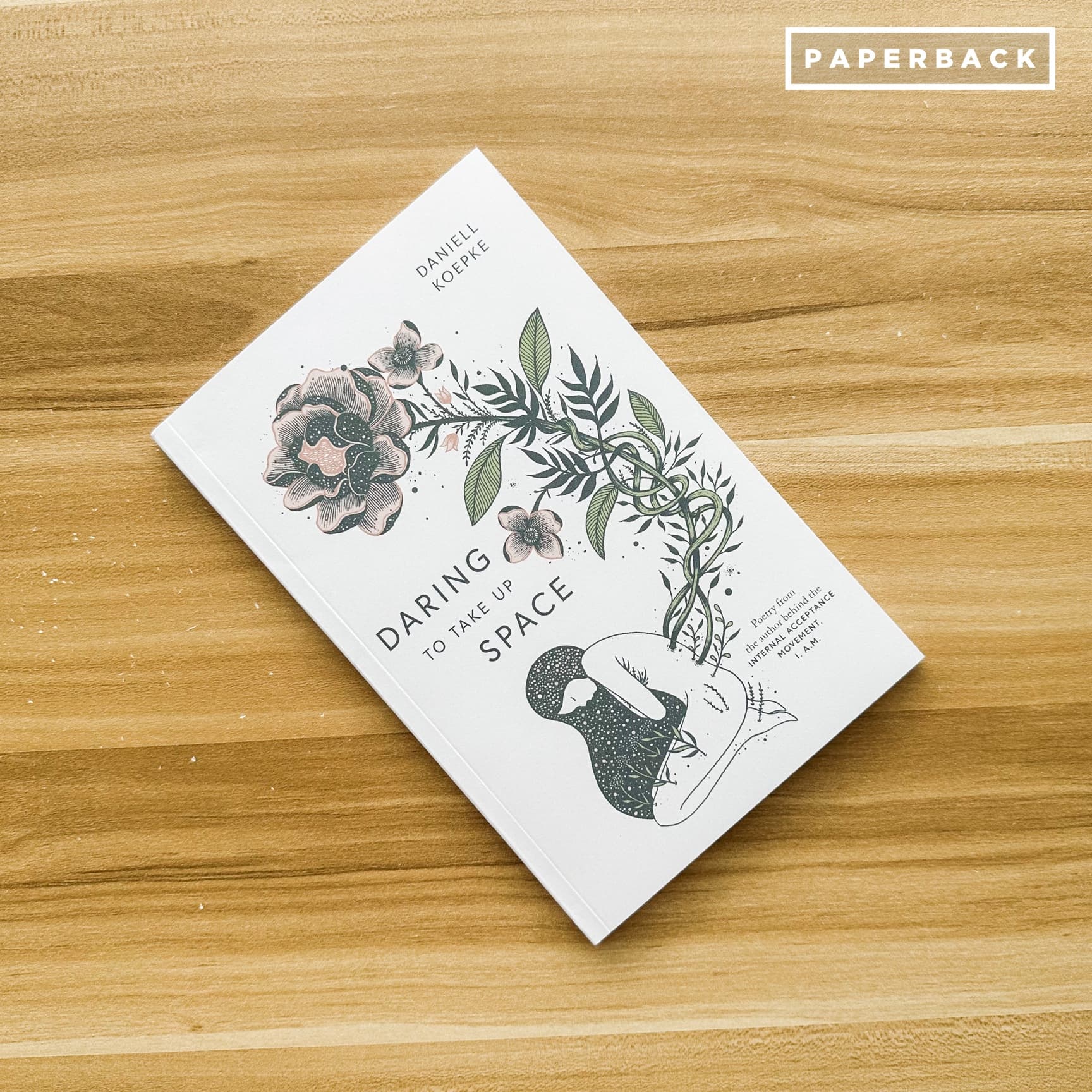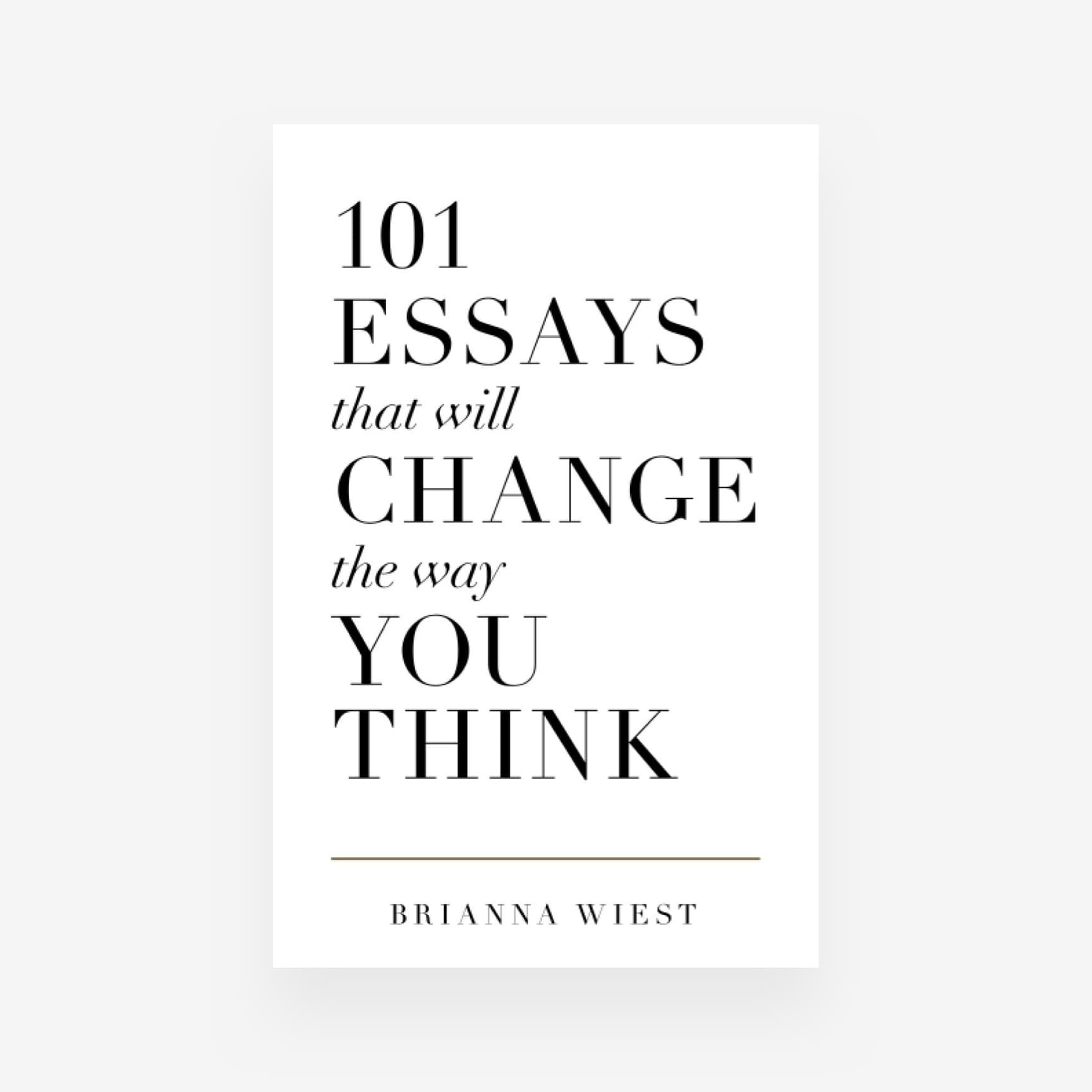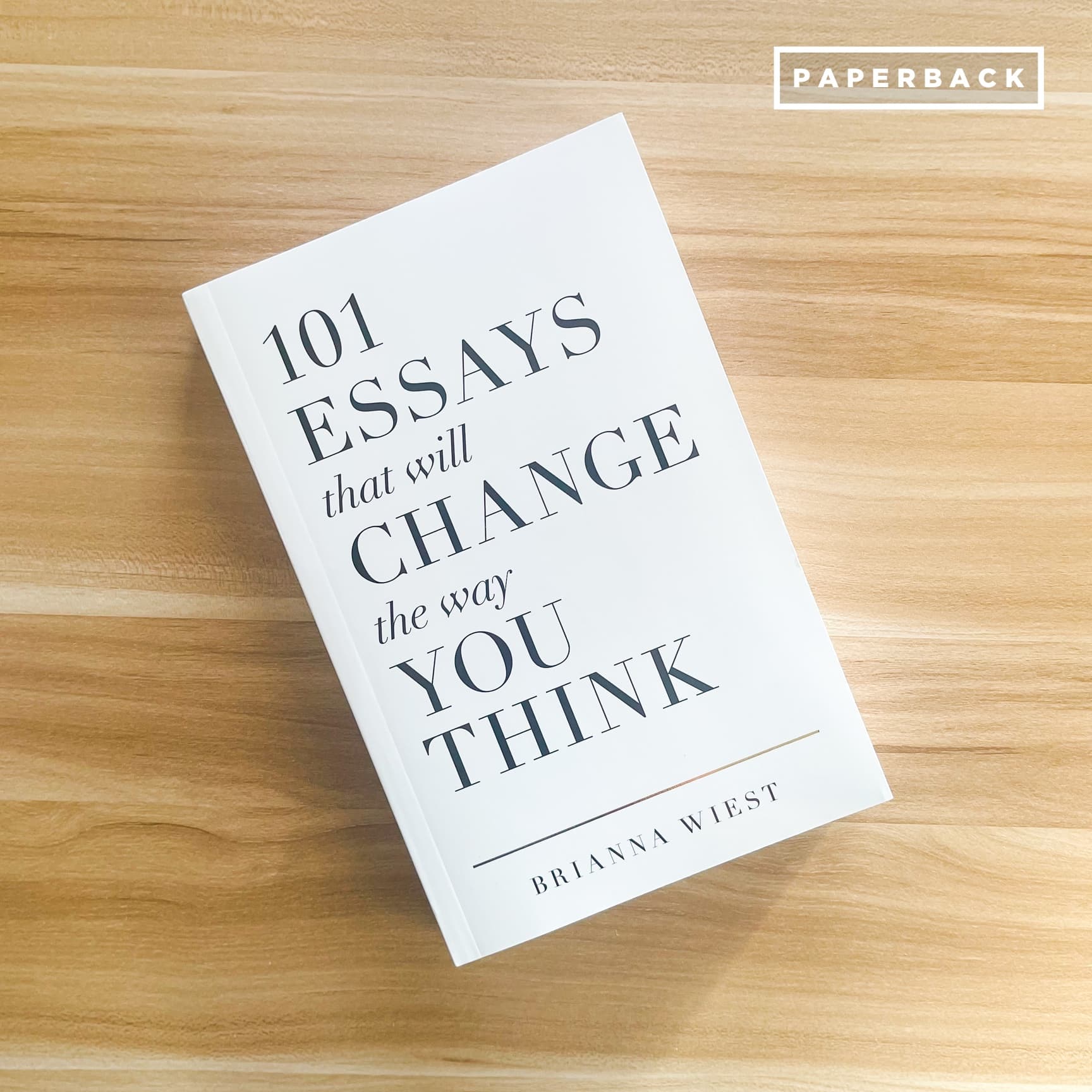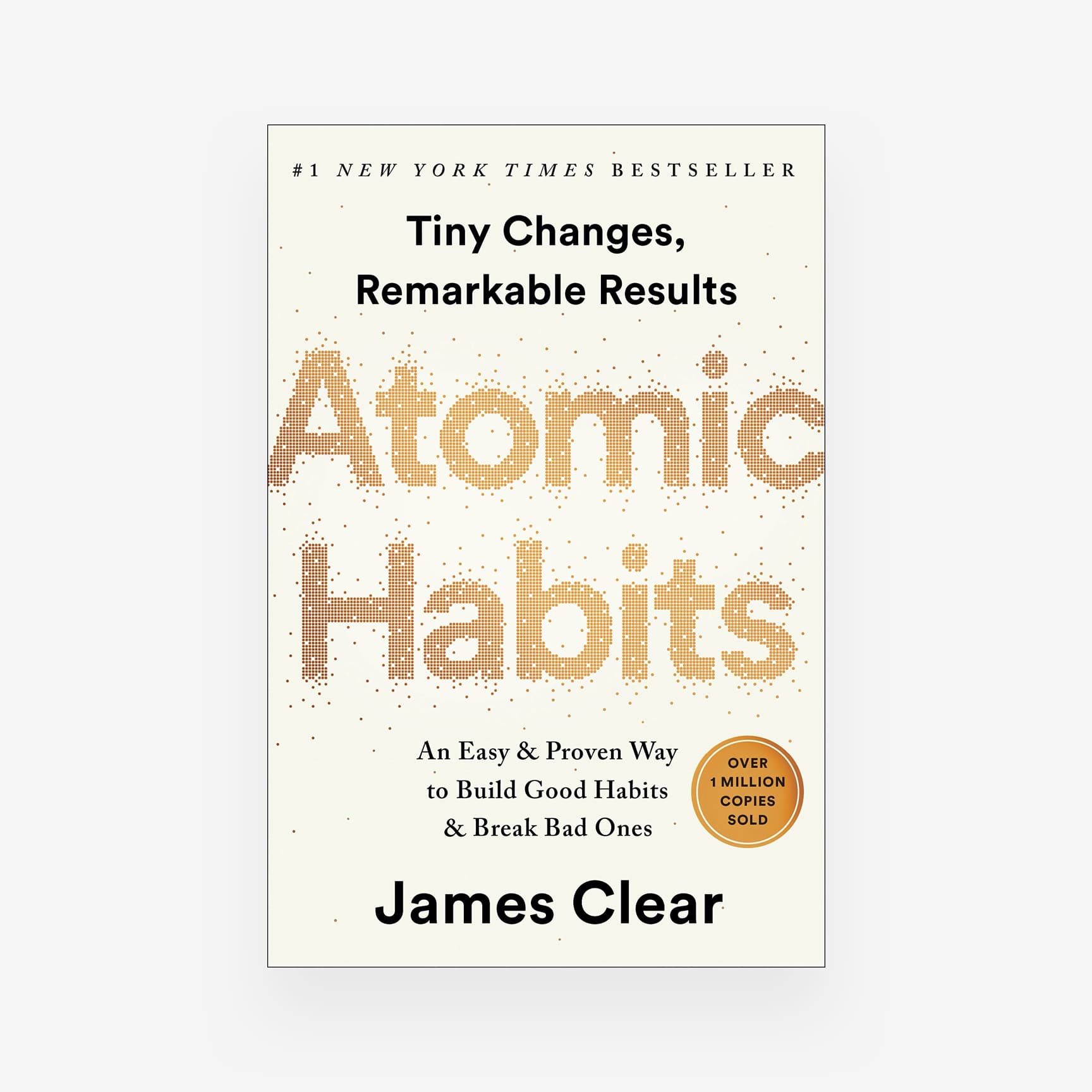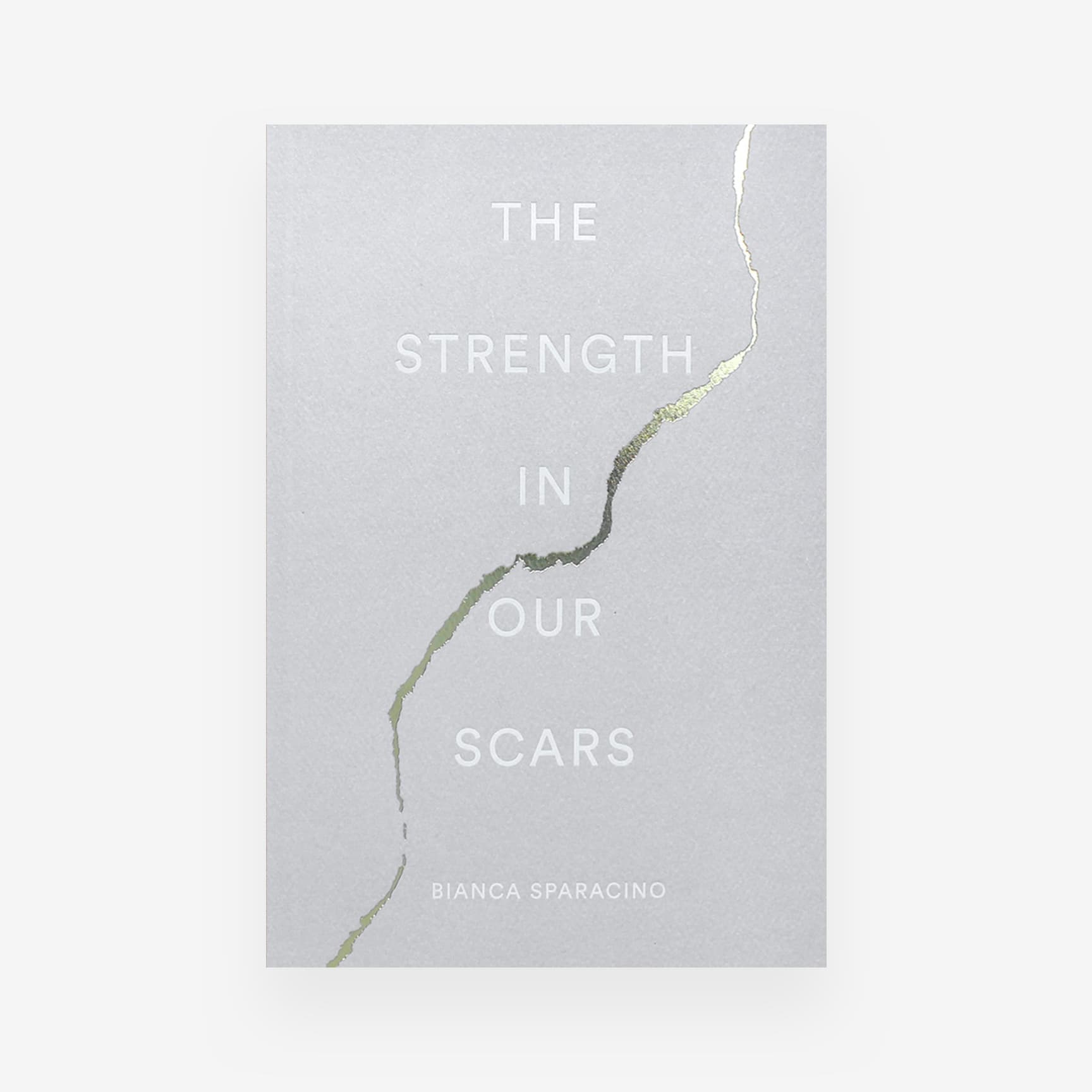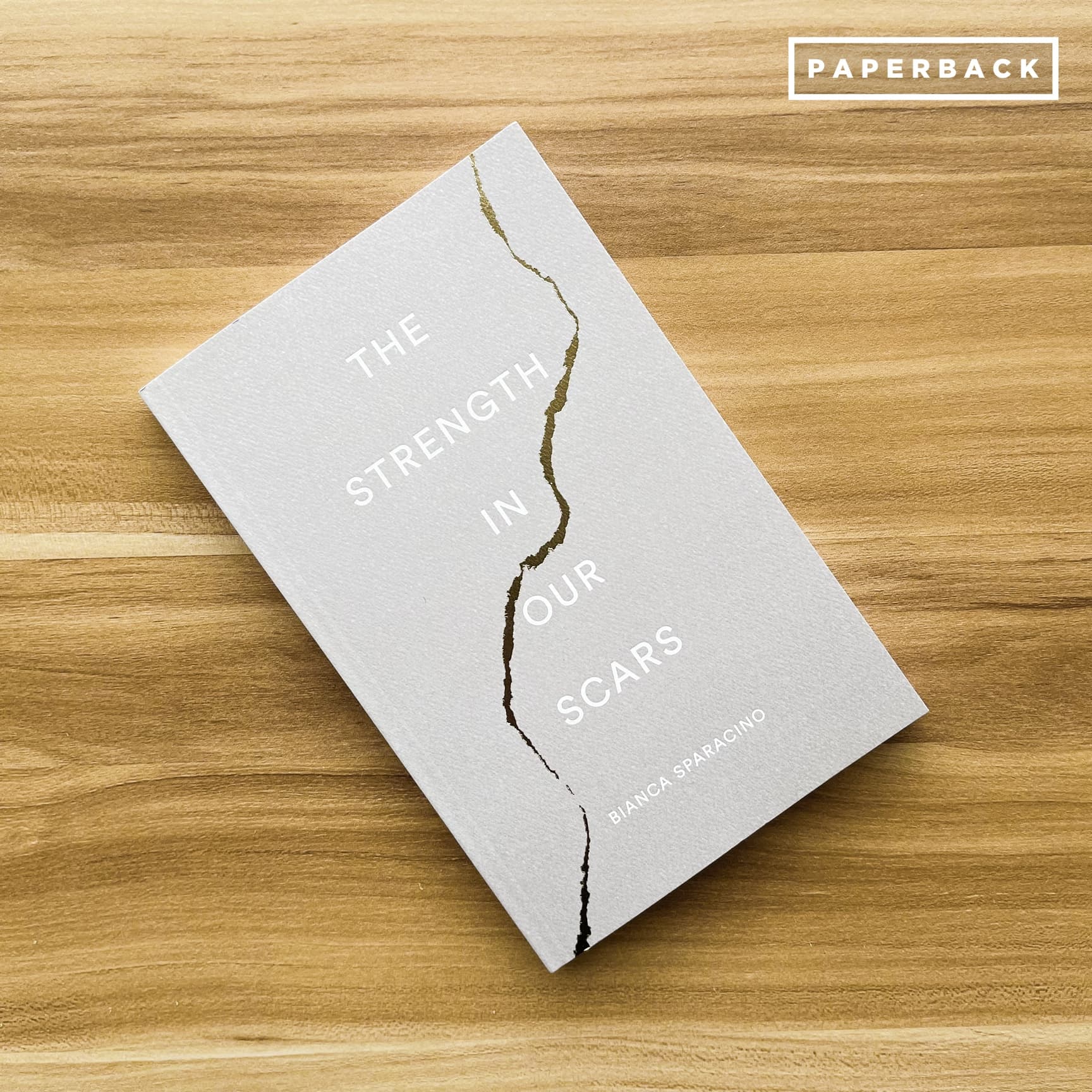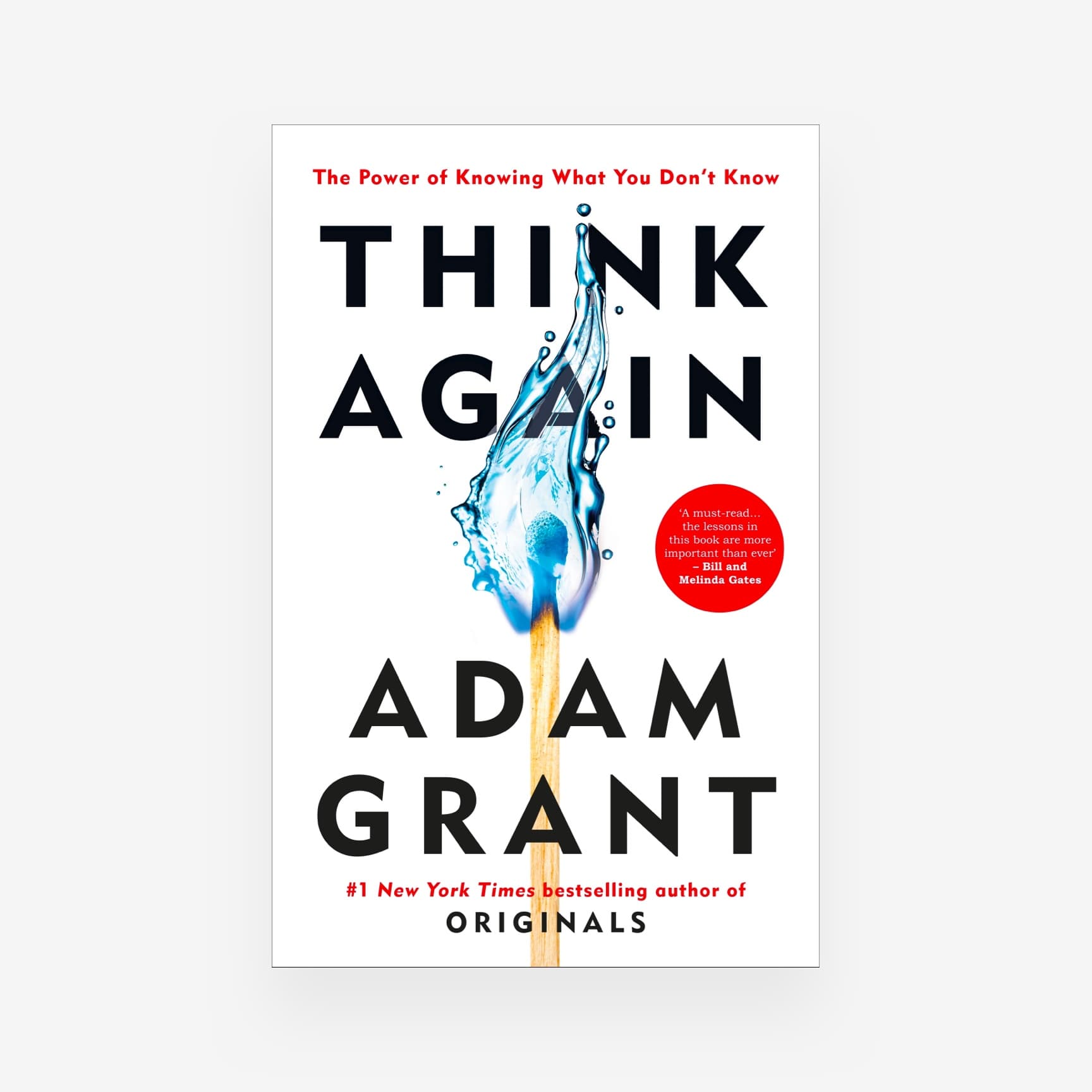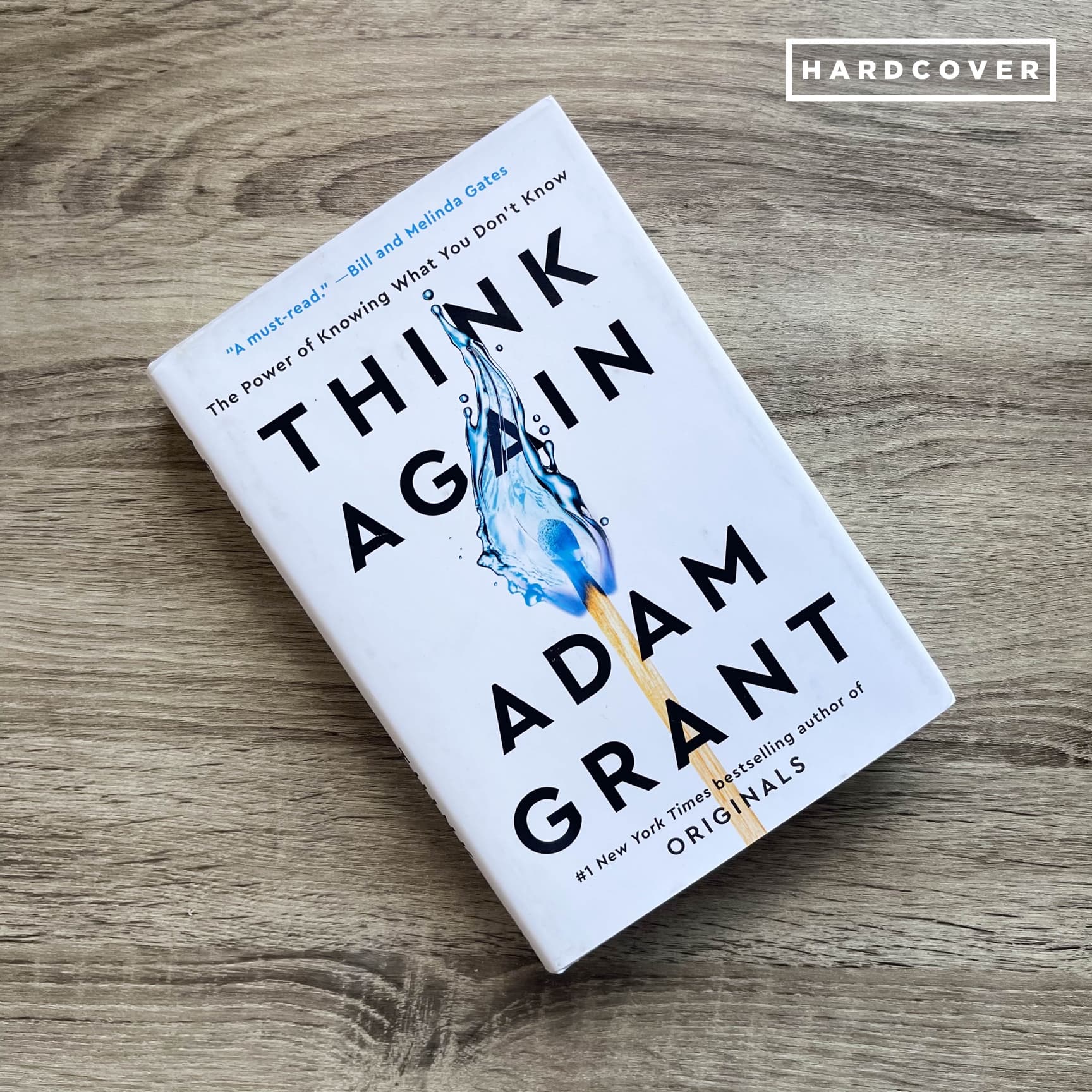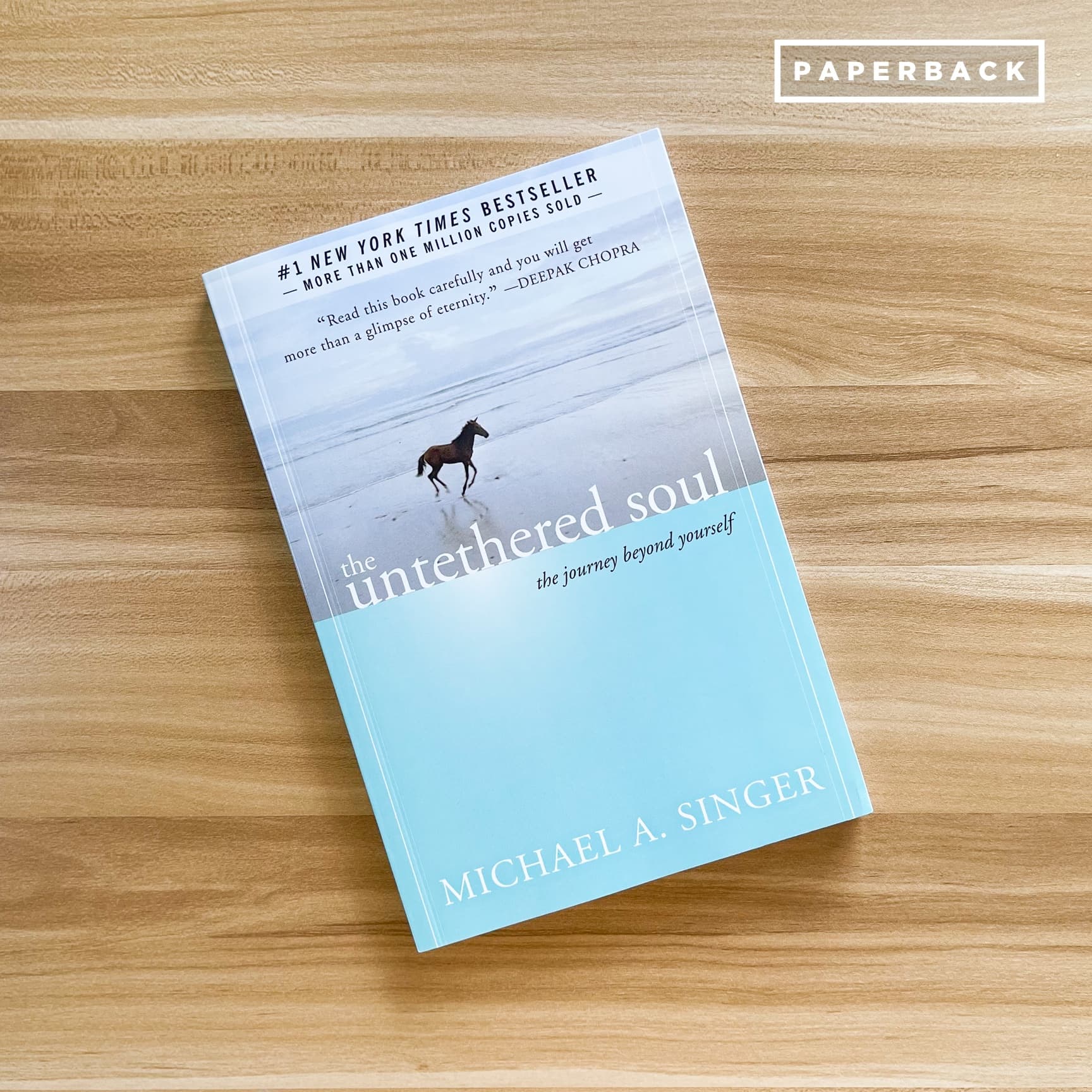Over the course of a day, we take in a tremendous quantity of information, but how much of it do we truly retain or use in any useful way?
The secret to learning is to cease taking in content passively and start actively interacting with the concepts we come across. Who do you believe learns more—the student who copies down what their instructor says verbatim or the student who summarizes the material in her own terms and then ties it to prior knowledge?
Unfortunately, the majority of us no longer receive tests, homework assignments, or participation points in class to compel us to dig deeper into the information stream we're constantly exposed to. So how can we develop the habit of independent learning?
You can free up that store by writing down your thoughts in a form that is external to your head. Your mind becomes calmer as a result because it stops repeatedly going through the same tired thinking loops. You can start to have clearer thoughts.

Photo from Gregory.ph
A few ideas to consider
We've covered the why and the how of journaling; now let's talk about the what. It's good to know that there is no "correct" or "incorrect" approach to keeping a notebook; it all depends on what you hope to gain from it. Fortunately, here are a few sections to experiment with using the First Step planner.
2. Set your goals- Include your goals in a daily journal rather than just writing them down once and reading them sometimes. Writing out your goals can occasionally cause you to reflect on the obstacles in your path. We advise jotting these things down in a diary along with other aspects of your life that you should be keeping records of.
3. Relate your day to your values- Determine the values that are significant to you first. Even a personalized purpose statement is possible. Then, describe how the happenings in your day relate to your values. Every month or year, you might also want to take a step back and reflect on your principles in the context of your entire life.
4. Track your booklist- It's simple to become mired in habits and our ways of thinking. However, studies have shown that deliberately honing your attention through reading might help you develop curiosity. Trying to write about what makes you intrigued can encourage curiosity, much like writing about what you are grateful for can make you feel more grateful.
Keeping a journal doesn't require you to be a writer, a creative, or a new-age hippie. Making time for journaling in your hectic schedule can help you achieve your goals, whether they be to feel satisfied, cope with stress, think more clearly, study more deeply, or better connect your everyday actions with your aspirations. Simply head out to an online bookstore in the Philippines, order one, take out a pen and begin writing.


